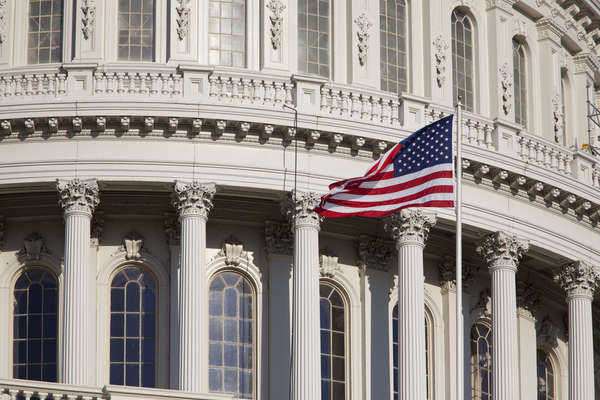Third Amendment
The Third Amendment to the United States Constitution is one of the least discussed amendments in the Constitution, and it often gets overshadowed by the more prominent amendments like the First, Second, and Fourth. It is essential, however, as it protects one of the most fundamental rights of individuals - the right to privacy in their own homes.
The Third Amendment provides that the government cannot force homeowners to allow their homes to be used to quarter soldiers. This means that a homeowner cannot be compelled to allow troops to stay in their private home without their consent, even during times of war. This amendment was born out of the colonists' experience with the Quartering Acts, where British soldiers were forcibly housed in private homes without consent.
The Third Amendment is often overlooked in comparison to other amendments, as it is not very frequently litigated. However, this amendment remains essential because it provides a fundamental protection of privacy rights and affirms the belief that the government cannot enter an individual's home without their consent or a judicial warrant.

The Third Amendment has played a role in a few notable Supreme Court cases over the years. In the 1982 Supreme Court case of Engblom v. Carey, New York prison guards sued the state, alleging that they were forced to live in prison cells against their consent, violating the Third Amendment. The court ultimately decided that the Third Amendment applies only to military personnel and that prison guards do not qualify as soldiers.
The Third Amendment has also been used alongside other amendments to protect the privacy rights of individuals. For example, in the case of Kyllo v. United States, the Supreme Court utilized the Fourth and Third Amendments to rule that thermal imaging devices used to detect heat emanating from a private home without a warrant constituted an impermissible search under the Fourth Amendment and violated the privacy rights protected by the Third Amendment.
In conclusion, the Third Amendment is a vital protection of privacy rights for American citizens. Although the government's involuntary quartering of soldiers in private homes is not a significant issue in modern times, the Third Amendment remains relevant as it affirms the individual's right to privacy in their home and places a check on the government's power to encroach upon this right.
The Third Amendment of the Constitution of the United States is one that arose directly out of the conflict with Britain that resulted in the American Revolution.Before the Colonies successfully gained their independence, Britain imposed theQuartering Act, which forced American families to take in British soldiers into their homes and provide them with room and board.
The Britishimposed themselves on the private dwellings of families, and often took advantageand abused the extent of this imperialistic provision created by the British.This was evident specifically during the French and Indian War, when members ofthe British military would force families into providing them housing and wouldtake quarters in private homes without authorization or permission granted formthe owners. The Third Amendment would come into creation as a way to protect these circumstances from occurring again by prohibiting the practice underUnited States legislation.
The Third Amendment explicitly states, "Nosoldier shall, in time of peace be quartered in any house, without the consentof the owner, nor in time of war, but in a manner to be prescribed bylaw." Arising from previous tensions created by the Quartering Act and citizens of the Thirteen Colonies, the Forefathers of the Constitution took it into consideration and barred the practice by law.
At the time,the illegal and forceful quartering of British soldiers was a form ofoppression and tyranny by the British Empire, as was deemed an outrage byAmerican citizens. It was even transcribed in the United States Declaration ofIndependence as one of the grievances against the King. They would view this as an invasion of privacy and trespassing on private property, which was considered as unlawful and abusive in the eyes of the Colonialists.
However, it cannot be denied that the ThirdAmendment is one that has outlived its purpose as far as its application inmodern times is concerned. The inclusion of the Third Amendment is directly associated with the time period in which i was written and has not been applied or enforced, simply because the necessity has never arisen since then.
The Third Amendment has little, if any, relevance or purpose today. However, in the early 1980s the Third Amendment was used in a court case regarding the housing ofNational Guard members that were employed during a strike by New York Statecorrection officers. Many of the correction officers were evicted from their employee housing in order to accommodate the influx of the National Guard. The matter was brought to trial in the court case Engblom v. Carey, in which the courts deemedit that such action was protected by the Third Amendment because the NationalGuard is a military establishment and its members qualify as soldiers. This wouldbe the first and last time the Third Amendment would be employed since the late1700s. Even though the Amendment can be considered obsolete, it still isimportant as a major piece of legislation that existed to oppose tyranny andunjust treatment of American citizens.